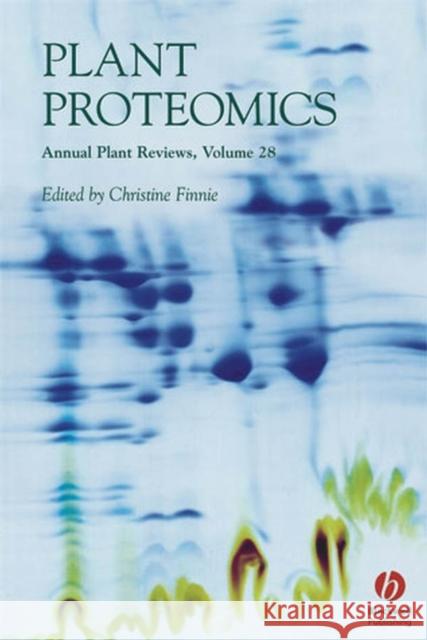Annual Plant Reviews, Plant Proteomics » książka
Annual Plant Reviews, Plant Proteomics
ISBN-13: 9781405144292 / Angielski / Twarda / 2006 / 272 str.
The proteome comprises all protein species resulting from gene expression in a cell, organelle, tissue or organism. By definition, proteomics aims to identify and characterise the expression pattern, cellular location, activity, regulation, post-translational modifications, molecular interactions, three dimensional structures and functions of each protein in a biological system.
In plant science, the number of proteome studies is rapidly expanding after the completion of the Arabidopsis thaliana genome sequence, and proteome analyses of other important or emerging model systems and crop plants are in progress or are being initiated. Proteome analysis in plants is subject to the same obstacles and limitations as in other organisms, but the nature of plant tissues, with their rigid cell walls and complex variety of secondary metabolites, means that extra challenges are involved that may not be faced when analysing other organisms.
This volume aims to highlight the ways in which proteome analysis has been used to probe the complexities of plant biochemistry and physiology. It is aimed at researchers in plant biochemistry, genomics, transcriptomics and metabolomics who wish to gain an up-to-date insight into plant proteomes, the information plant proteomics can yield and the directions plant proteome research is taking.











